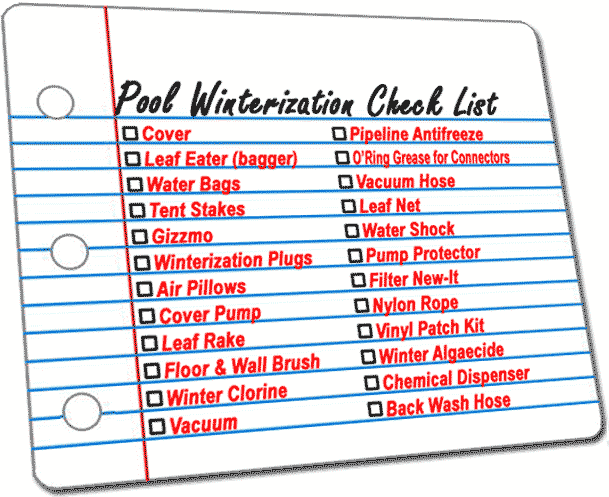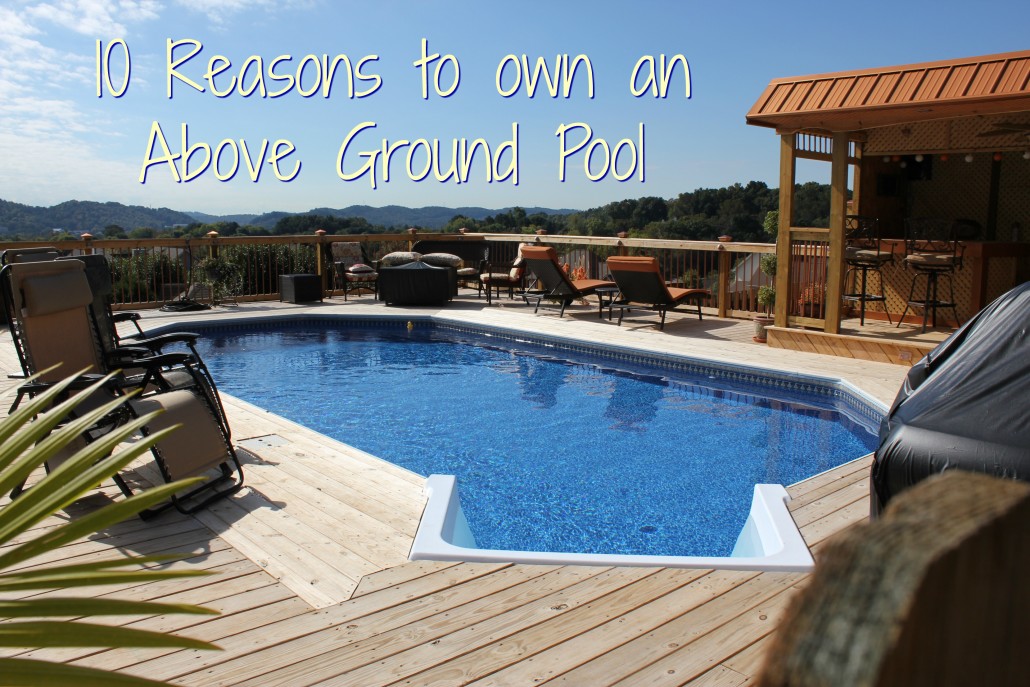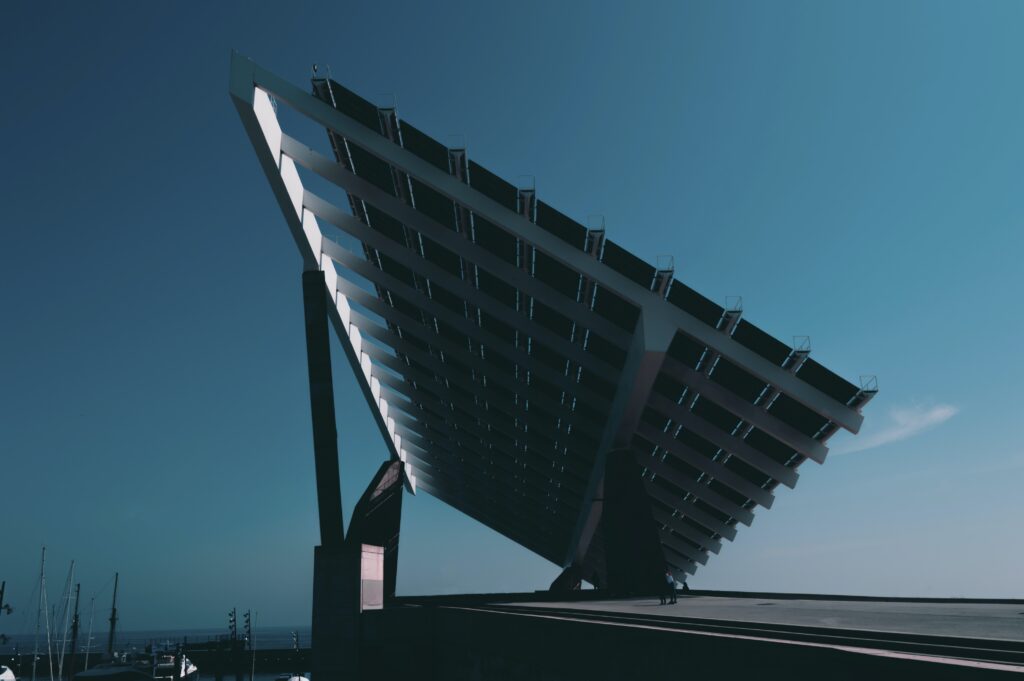Have you ever wondered how much electricity above ground pools consume? Well, in this article, we’ll explore the energy usage of above ground pools and determine whether they use a significant amount of electricity. So, if you’re considering installing a pool in your backyard or are simply curious about the energy impact of these popular summer oases, keep reading to find out more!
Do Above Ground Pools Use A Lot Of Electricity?
If you’ve been considering getting an above ground pool, you may have wondered about the electricity usage and the impact it may have on your utility bills. The answer to the question “Do above ground pools use a lot of electricity?” depends on several factors. Let’s explore these factors and gain a better understanding of the average electricity usage of above ground pools.
Average Electricity Usage of Above Ground Pools
The average electricity usage of above ground pools can vary depending on a variety of factors. However, in general, these pools tend to use less electricity compared to their in-ground counterparts. According to research, the estimated annual electricity usage for an average above ground pool ranges from 1,500 to 2,500 kilowatt-hours (kWh). This estimation includes the operation of the pump, heater, and other electrical equipment.
This image is property of images.unsplash.com.
Factors Affecting Electricity Usage in Above Ground Pools
Several factors can affect the electricity usage in above ground pools. Understanding these factors will help you make informed decisions to optimize energy efficiency and minimize your utility bills.
Type of Pool Heater Used
One significant factor that affects electricity usage is the type of pool heater you choose. In general, electric resistance heaters tend to consume more electricity compared to heat pumps or solar heaters. Electric resistance heaters directly convert electrical energy into heat, while heat pumps and solar heaters utilize external sources of energy to generate heat. Therefore, selecting a more energy-efficient heating system can help reduce the electricity consumption of your above ground pool.
Size and Depth of the Pool
The size and depth of your above ground pool also impact electricity usage. Larger pools require more water circulation, which means the pump needs to work harder and consume more electricity. Additionally, deeper pools often necessitate more filtration, leading to longer pump operation times. By carefully considering the size and depth of your pool, you can find a balance between enjoyment and energy efficiency.
Circulation and Filtration Systems
Efficient circulation and filtration systems play a crucial role in the electricity usage of above ground pools. High-quality pumps and filters ensure proper water circulation and maintain hygiene. Investing in energy-efficient pumps with variable speed settings can significantly reduce electricity consumption. Additionally, regularly cleaning and maintaining the filtration system will help optimize its performance and energy efficiency.
Usage Patterns and Maintenance
Your usage patterns and maintenance routine can also influence electricity usage. For instance, frequent pool usage may require more frequent pump operation, leading to increased electricity consumption. Properly managing your pool’s chemical balance, cleaning the pool regularly, and minimizing debris accumulation can help reduce the strain on the filtration system and ultimately decrease electricity usage.
Frequency of Pump Operation
The frequency of pump operation is another aspect to consider when assessing electricity usage. Some pool owners leave their pumps running continuously, while others choose to operate them for shorter periods. Striking a balance between water circulation requirements and energy consumption can help optimize electricity usage. Consulting with a pool professional can provide valuable insights into setting an appropriate pump operation schedule tailored to your specific pool and usage patterns.
Other Electrical Equipment
In addition to the pool pump and heater, other electrical equipment can contribute to the overall electricity usage of your above ground pool. These may include pool lighting, automated cleaning systems, water features, and even entertainment systems. It is essential to consider the energy efficiency rating of these devices and limit their usage when not necessary to minimize electricity consumption.
This image is property of images.unsplash.com.
Energy Efficient Solutions for Above Ground Pools
If you’re looking to further reduce the electricity usage of your above ground pool, there are several energy-efficient solutions available.
-
Solar Covers: Using a solar cover for your pool helps retain heat and minimize heat loss. This reduces the workload on the pool heater and lowers electricity consumption.
-
LED Lighting: Replacing traditional incandescent pool lights with energy-efficient LED alternatives can significantly reduce electricity usage. LED lights consume less power while providing ample illumination.
-
Timers and Automation: Installing timers and automation systems can help regulate the operation of electrical equipment. By scheduling the pump and other devices to operate during specific times, you can effectively manage energy consumption.
-
Energy-Efficient Equipment Upgrades: Upgrading to energy-efficient pool pumps, heaters, and filtration systems can have a positive impact on electricity usage. Look for equipment with high Energy Star ratings to ensure optimal energy savings.
This image is property of images.unsplash.com.
Conclusion
While above ground pools do consume electricity, they generally use less compared to in-ground pools. The average electricity usage of an above ground pool can vary, but by considering factors such as the pool heater type, size, filtration system, usage patterns, and equipment, you can optimize energy efficiency. Implementing energy-saving solutions like solar covers, LED lighting, timers, and upgrading to energy-efficient equipment can further reduce your pool’s electricity consumption. By making mindful choices and adopting energy-efficient practices, you can enjoy your above ground pool while keeping your utility bills under control.








